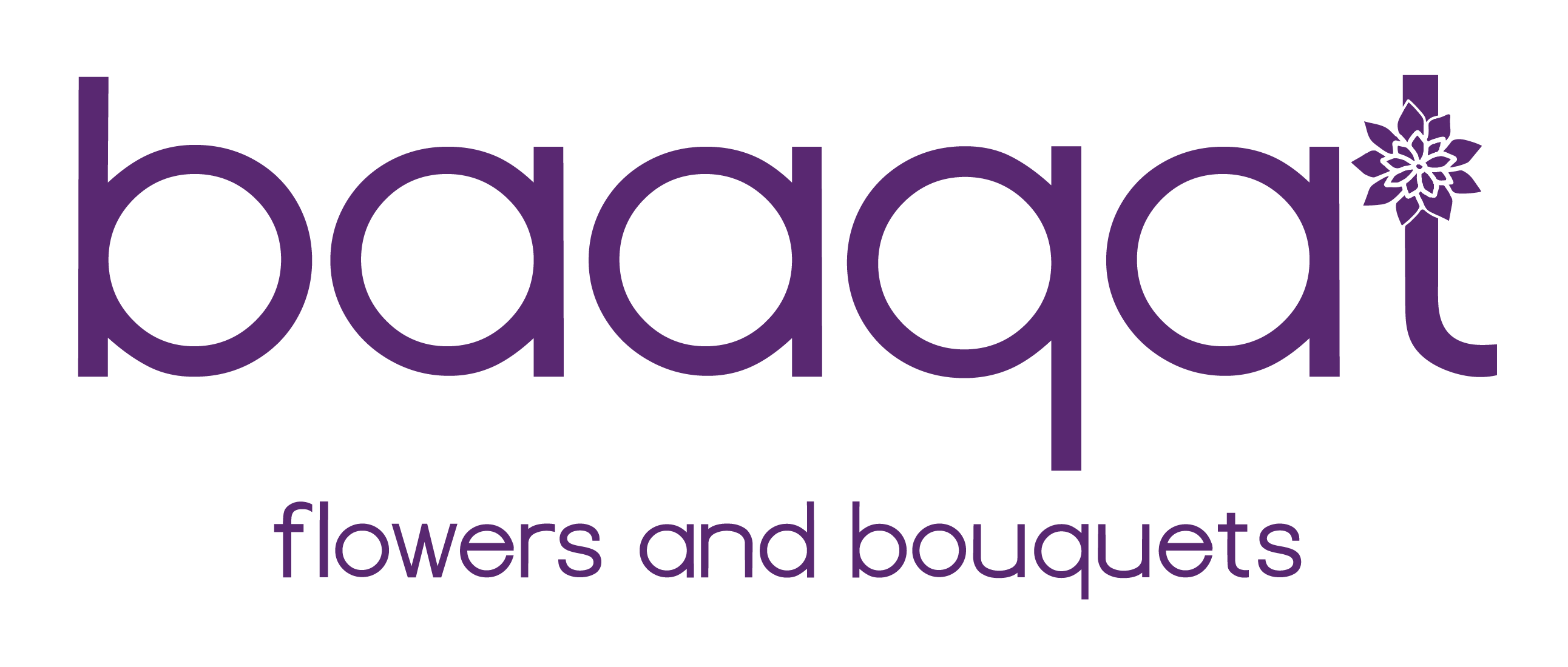
Every year, millions of Muslims from around the world journey to Mecca to perform Hajj, the sacred pilgrimage and one of the five pillars of Islam. While the rituals of Hajj are steeped in centuries-old traditions and profound spiritual significance, few people consider the subtle presence and symbolism of flowers during this sacred journey.
In Islamic culture, flowers are not just symbols of beauty; they represent purity, rebirth, patience, and divine love. This symbolism becomes even more poignant when viewed through the lens of Hajj.
Just as flowers bloom after enduring the harshness of winter, pilgrims emerge spiritually renewed after completing the rituals of Hajj. The white garments worn during Ihram symbolize purity and equality concepts often mirrored by white flowers like lilies and jasmine. These blooms remind believers of the purity they seek during their pilgrimage.
Though the Quran doesn’t directly reference specific flowers frequently, it uses garden imagery to describe Jannah (Paradise). Surah Ar-Rahman mentions “gardens with spreading branches,” evoking a floral paradise awaiting the righteous. Hadith literature also speaks of the Prophet Muhammad’s love for pleasant scents and natural beauty, including flowers, encouraging Muslims to appreciate the natural world as signs of Allah’s creation.
In many cultures, welcoming Hajj returnees includes presenting them with fresh flowers or floral garlands. This gesture is not only a celebration of their spiritual success but also symbolizes joy, peace, and blessings. Flowers like roses, orchids, and marigolds are common in these celebrations due to their vibrant colors and pleasant fragrance.
During Hajj, the use of perfume is restricted while in the state of Ihram. This abstinence sharpens one’s spiritual focus. Once out of Ihram, the return to using natural scents often derived from rose water or floral oils symbolizes the sweetness of purification. The rose, in particular, holds a special place in Islamic mysticism, symbolizing divine beauty and love.
In recent years, the Saudi government and environmental organizations have emphasized greening initiatives in Mecca, including the planting of flowers and trees to reduce heat and pollution. This not only beautifies the holy sites but also aligns with Islamic values of caring for the Earth.
The next time you witness or reflect on the sacred pilgrimage of Hajj, take a moment to consider the quiet, symbolic presence of flowers. Whether it’s in the white lilies of purity, the roses of divine love, or the fragrant garlands offered to returning pilgrims, flowers subtly mirror the spiritual journey of the believer blooming after sacrifice, patience, and devotion.
Baaqat.ae is your trusted online destination for luxury flower delivery and elegant gifts across the UAE. Discover handcrafted arrangements and thoughtful surprises for every occasion, delivered with care and style.
6CF8+QJP New Abaya Mall – Shop no.53 first floor – Mirdirf – Dubai – United Arab Emirates
baaqatuae@gmail.com
+971 56 210 1162
©2025. Baaqat.ae. All Rights Reserved.
WhatsApp us
